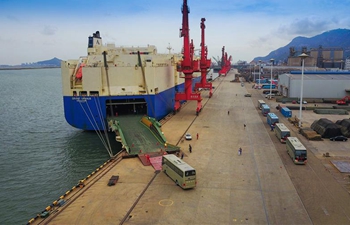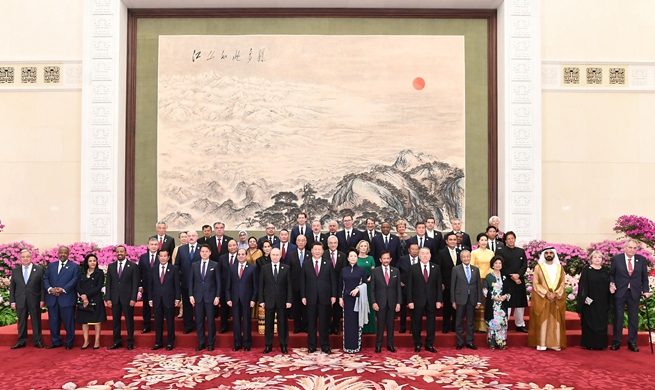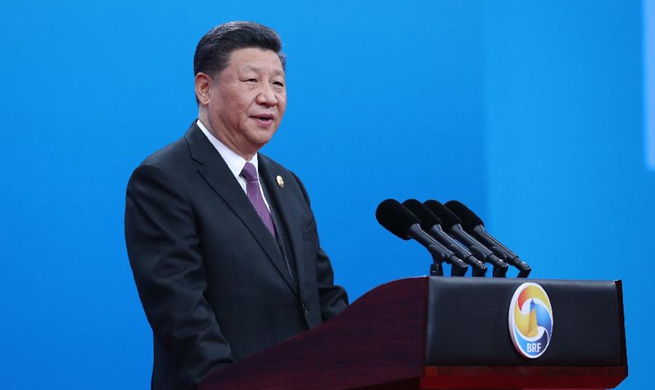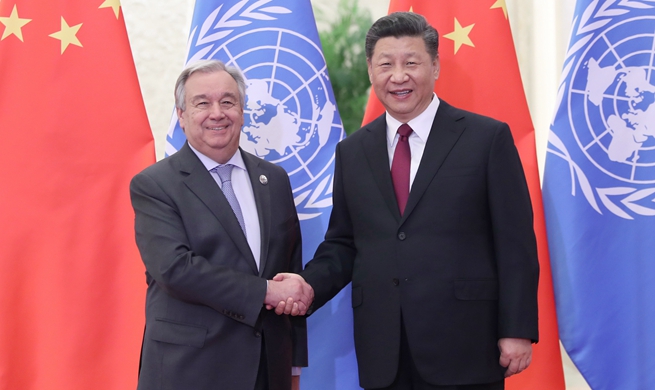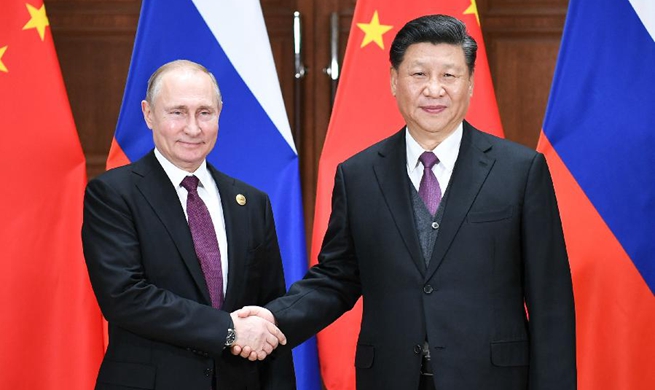HAVANA, April 26 (Xinhua) -- The second Belt and Road Forum for International Cooperation (BRF), which is taking place in Beijing, marks a milestone for the Belt and Road Initiative (BRI)'s future development and win-win cooperation worldwide, said Gladys Hernandez, a renowned Cuban economist.
"It's a forum that brings together the most important international economic actors and developing countries under the idea of win-win cooperation, one of the fundamental premises in China's international collaboration with the world," Hernandez, a leading academic at Cuba's World Economy Research Center, told Xinhua in a recent interview.
Hernandez, who has researched China's reforms and economy for over two decades, said the new development plans and agreements which come out of this meeting will be highly significant because they encompass a shared future for humanity.
"These projects are alternatives against protectionism and unilateralism and a joint answer to international trade and cooperation by over 120 nations led by China," Hernandez added.
The Cuban expert believes the BRI is poised to become one of the top international cooperation initiatives because it offers economic development, industrial development and shared technologies.
"The BRI also has a strategic component which is the development of infrastructures like ports, airports, logistic areas and industrial parks. Connectivity is a key work within this initiative," said Hernandez.
Building infrastructure of high quality, sustainability, reasonable pricing, inclusiveness and accessibility are key elements under the BRI, she said.
The researcher cited railways and industrial parks built in Kenya and Ethiopia as examples, which have boosted economic development and social sustainability in those nations.
Since the initiative was proposed six years ago, some 126 countries and 29 international organizations have signed BRI cooperation documents with China.
Based on the principle of extensive consultation, joint contribution and shared benefits, the BRI has evolved from a Chinese proposal to a global consensus.
The BRI is also an initiative that shares a number of principles of the new Chinese economic model for high-quality development, said Hernandez.
The Cuban economist also said the initiative will be a cornerstone of Beijing and Latin America and the Caribbean ties.
"Joint projects in Latin America are in line with the initiative's goals like infrastructure development, logistics, increased trade, cultural exchanges, people-to-people relations, expansion of innovation and technology," she said. Enditem





